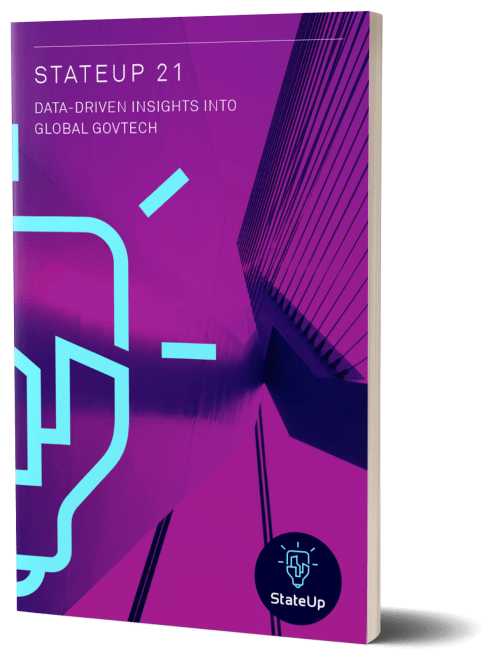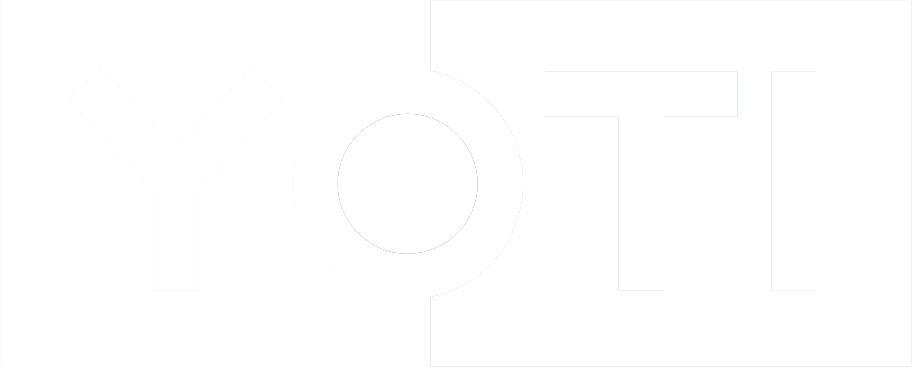Public-Purpose Technology Intelligence
Summary
This information is accurate as of January 2021. For more up-to-date information, access Nebula, our Public-Purpose Tech intelligence platform. Join with our Nebula Community Membership, or upgrade to a Nebula Pro Membership.
- Founded in 2014
- Total funding: £85 million
- Latest funding round: Undefined venture round, £12 million
- Lead investors: Robin Tombs, Noel Hayden
- Offices: London, UK (HQ); San Francisco, US; Melbourne, Australia; Bengaluru, India; Wellington, NZ
- FTEs: 101-250
- Key clients/partners: Unique Identity Authority of India, UK National Care Force, NHS England, Scottish Improvement Service, Government of Jersey
- Key execs: Robin Tombs, CEO and co-founder, also Founder, Gamesys and Director, Infinitesima LLC. Madhu Nori, CPO and International Commercial Director, previously CEO, IgniteWorld.
Profile
Traditional identity verification processes are often unsafe and inefficient. Physical identification is easily lost or stolen; it often contains more information than necessary for a verification, putting individuals at risk of identity fraud. Safety issues also plague online accounts. For example, in 2018, Aadhar, India’s government ID database, suffered a series of attacks that potentially compromised all 1.1 billion registered citizens’ information.
Yoti’s products aim to make identity management safer and more efficient. The Yoti app stores personal details and delivers a reusable digital ID that allows individuals to share only the details needed per verification, an approach it calls data minimisation. The civilian’s app is secured by a biometric key that only they own (the individual’s unique facial template) and a 5-digit PIN. Yoti says it is specially designed so that nobody can access an individuals’ data after security checks are completed, unless the individual gives consent.
For institutions, Yoti’s verification integrates into platforms and services involving identity and age verification, e-signatures and building access. There’s also credential management that can range from professional information to health test results. Governments integrate Yoti to verify identities online and/or in person, including contactless verification of NHS and UK National Care Force workers, and regulating access to online public services (such as paying taxes) in Scotland and the Island of Jersey.
Yoti stands to gain from three mutually reinforcing trends. One is the GDPR-inspired wave of data privacy regulation, with Canada, Brazil, Kenya, and New Zealand introducing regulation and the UK and US levying record fines. Another is the coronavirus-induced shift to remote work, with an attendant increase in demand for secure identity management platforms. Finally, the notion that individuals should have sole responsibility for managing their identity, called self-sovereign identity, is gaining popularity.
Plans
- Drive credential management with anti spoofing technology that prevents fraud, such as linking COVID-19 tests to user identity and issuing health credentials via its partnership with FRANKD by Polish biotech company GeneMe. This can help open society with safer air travel and more.
- Currently participating in a UK Government trial to test the usefulness of giving private and third sector organizations access to its Document Check Service to enable real-time verification of British passports.
- Driving adoption and awareness of digital ID by building a trusted network of public and private sector partnerships online and on the high street.
- Expanding e-signature functionality for existing and new customers.
Who Should Speak To This Company
Government institutions looking to integrate secure identity management solutions into their processes; local governments seeking an e-signing solution; regulators seeking to comply with child safety regulation.
Company In Action
Yoti provides identification services for the Government of Jersey. Residents need to prove their identity via Yoti to access its online services. Using a smartphone, residents enter their number and a five digit pin, take a 3D face scan, upload identification (a valid passport), and link their emails. They can then go to the one.gov.je website, where a QR code scan will link their Yoti to the service portal. Yoti provides similar services to the Improvement Service, who deliver the MyAccount platform for online services for the majority of Scotland’s 32 Local Authorities.
StateUp View
Low trust in identity firms is a major restraint to the growth of the personal identity management market. Yoti has taken deliberate steps to address this trust deficit–it is a certified B corporation, was an inaugural Safe Face Pledge (an anti facial analysis abuse commitment) signatory, and regularly hosts Digital Identity Fellows who analyse digital identity systems from a human rights perspective.
Yoti’s app traction and numerous partnerships suggest that its efforts at trustworthiness are yielding fruit. We also like that it is developing AI-powered products, such as a feature that scans faces to estimate individuals’ ages without personal details. These will make it more competitive against AI-heavy players. Long-term, Yoti’s business model and trust-focused approach should enable it to carve out a sizable niche for itself.

Get Access To The Full Report
- Discover data-driven insights into key GovTech subsectors and technologies
- Learn how investment into GovTech is changing
- Read the full StateUp 21 member profiles



